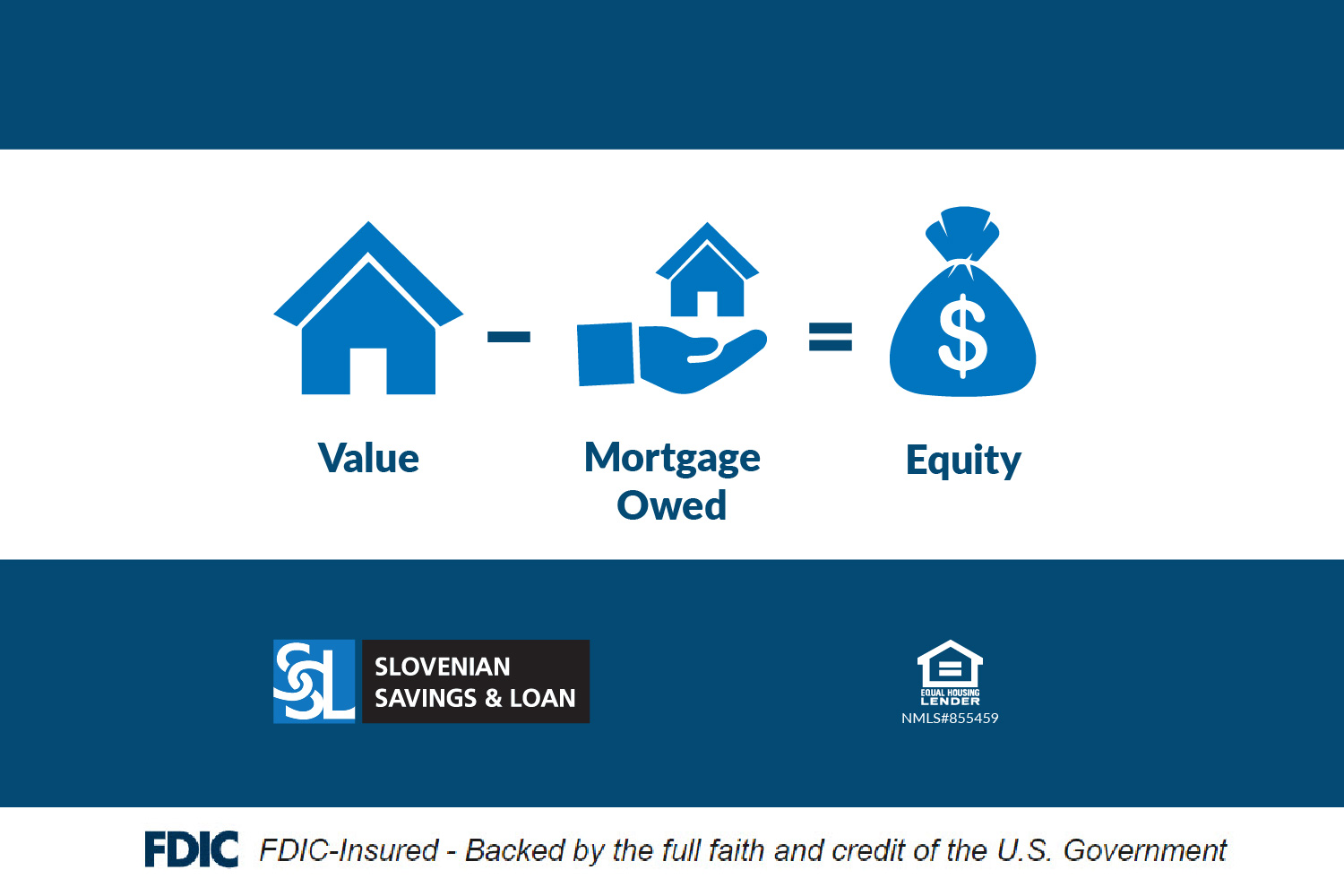Discovering the Different Kinds of Equity Release Mortgages Available Today
Equity Release home mortgages present different choices for homeowners aged 55 and over. equity release mortgages. These monetary products cater to various demands and preferences, enabling people to accessibility funds from their residential property. From life time home loans to shared appreciation home mortgages, each kind uses distinct advantages. Understanding these options is crucial for making educated choices. What factors should one take into consideration when choosing one of the most ideal equity Release plan? The details that follow might clarify this important subject
Comprehending Equity Release Mortgages
Equity Release home mortgages offer homeowners, commonly those aged 55 and over, with a way to access the worth bound in their property without needing to market it. This monetary option permits people to convert a part of their home equity into money, which can be utilized for numerous purposes, such as home enhancements, paying off debts, or financing retirement.Equity Release can take various kinds, but it fundamentally entails borrowing versus the worth of the home while preserving ownership. Home owners can select to get a round figure or a series of smaller sized payments, depending on their economic demands and preferences.Additionally, the amount available for Release is affected by the residential property's worth, the property owner's age, and particular lending institution requirements. Generally, comprehending equity Release mortgages is essential for property owners to make informed decisions regarding using their home's equity while thinking about the lasting implications.
Lifetime Mortgages
Life time mortgages represent one of one of the most popular forms of equity Release. This monetary item allows house owners, commonly aged 55 or older, to obtain against the value of their building while preserving ownership. The lending, which is secured versus the home, accumulates rate of interest over time but does not call for monthly payments. Rather, the finance and accrued interest are repaid when the home owner passes away or moves right into long-term care.Lifetime mortgages supply flexibility, as borrowers can select to obtain a round figure or choose a drawdown center, accessing funds as needed. Importantly, many strategies featured a no-negative-equity guarantee, making sure that borrowers will never ever owe greater than the value of their home. This function supplies assurance, allowing people to enjoy their retirement without the fear of diminishing their estate. Generally, lifetime mortgages serve as a feasible alternative for those looking for financial backing in later life.
Home Reversion Program

Drawdown Lifetime Mortgages
While many homeowners look for ways to access their riches, drawdown life time home mortgages provide a versatile alternative that allows people to Release funds progressively. This type of equity Release mortgage allows house owners to borrow versus the worth of their building while retaining possession. Unlike conventional life time home mortgages, drawdown plans permit customers to access a portion of their equity upfront and withdraw additional funds as needed, approximately a predetermined limit.This function can be especially useful for those that want to manage their funds thoroughly, as it reduces rate of interest buildup by just billing rate of interest on the amounts attracted. Additionally, drawdown life time home mortgages typically feature a "no negative equity assurance," making certain that borrowers will never owe more than their home's worth. This choice matches retirees that prefer economic safety and versatility, permitting them to fulfill unexpected expenses or keep their lifestyle without needing to offer their property.
Enhanced Life Time Mortgages
Improved Life time Mortgages use distinct benefits for eligible house owners seeking to Release equity from their residential or commercial properties. Recognizing the qualification requirements is necessary, as it establishes who can gain from these specialized finances. However, it is also vital to examine the possible downsides linked with enhanced alternatives, making sure an all-round point of view on their use.
Eligibility Requirements Described
Understanding the qualification requirements for Boosted Lifetime Mortgages is essential for potential candidates looking for to access the equity in their homes. Normally, applicants should be aged 55 or older, as this age need is typical in the equity Release market. Home owners should possess a building valued at a minimum limit, which can vary by loan provider. Importantly, the home should be their key residence and in excellent condition. Lenders typically evaluate the homeowner's wellness condition, as certain health problems might enhance eligibility and advantages. Additionally, applicants need to not have existing substantial financial obligations protected against the property. Meeting these standards permits people to check out Boosted Lifetime Mortgages as a viable choice for accessing funds bound in their homes.
Advantages of Enhanced Home Loans
After making clear the eligibility standards, it comes to be obvious that Boosted Lifetime Mortgages provide numerous significant advantages for house owners wanting to utilize their home equity. Primarily, they offer access to a bigger car loan amount contrasted to common life time home mortgages, benefiting those with health and wellness conditions or age-related factors that increase their life span risk. This improved borrowing ability permits homeowners to satisfy numerous economic demands, such as home enhancements or retired life expenditures. Furthermore, these home mortgages generally feature flexible repayment options, enabling borrowers to manage their finances better. The no-negative-equity assurance better guarantees that home owners will never ever owe greater than their residential or commercial property's value, offering peace of mind. On The Whole, Boosted Life time Home loans provide a compelling choice for qualified property owners looking for financial remedies.
Potential Drawbacks Taken Into Consideration
While Boosted Lifetime Home loans supply many benefits, prospective drawbacks warrant mindful factor to consider. One substantial worry is the effect on inheritance; the equity launched decreases the worth of the estate entrusted to recipients. In addition, these mortgages can accrue substantial rate of interest over time, causing a considerable financial debt that may go beyond the original financing quantity. There may likewise be constraints on building modifications or rental, limiting home owners' versatility. Boosted look at this website items typically call for specific health conditions, implying not all homeowners will certify. Taking care of the fees and charges associated with these home loans can be complicated, potentially leading to unanticipated costs. Therefore, people must thoroughly analyze their circumstance and get in touch with monetary consultants prior to continuing.
Shared Recognition Mortgages
Shared Gratitude Mortgages stand for an unique financial arrangement that allows property owners to access equity while sharing future property value increases with the lending institution. This method uses potential advantages such as lowered regular monthly settlements, but it additionally features drawbacks that must be thoroughly taken into consideration. Understanding the qualification needs is crucial for those thinking about this choice.
Principle Introduction
Equity Release home loans, particularly in the kind of shared appreciation mortgages, supply house owners a special monetary option that enables them to gain access to funds by leveraging the worth of their home. In this plan, a loan provider supplies a loan to the homeowner, which is typically paid off through a share of the home's future recognition in value. This indicates that when the homeowner markets the building or passes away, the lender gets a percent of the enhanced worth, rather than just the first finance quantity. Shared appreciation home mortgages can be appealing for those aiming to supplement their revenue or money significant costs while maintaining ownership of their home. Nevertheless, the their explanation financial ramifications of common recognition have to be meticulously considered by prospective customers.
Advantages and Downsides
Although shared recognition home loans can supply substantial monetary advantages, they likewise feature significant downsides that potential borrowers need to think about. These home loans enable homeowners to gain access to equity in their residential or commercial properties while sharing a part of any kind of future admiration with the lending institution. This plan can be useful throughout times of increasing building worths, using considerable funds without regular monthly repayments. Nevertheless, the major disadvantage is the possible loss of equity; home owners may end up with significantly reduced inheritance for beneficiaries. Additionally, the complexity of the terms can result in misunderstandings relating to settlement responsibilities and the percentage of gratitude owed. Consequently, it is crucial for customers to consider these factors thoroughly prior to devoting to a common admiration home mortgage.
Eligibility Demands
What requirements must house owners fulfill to qualify for a shared appreciation home mortgage? Primarily, candidates have to go to least 55 years of ages, guaranteeing they are within the target group for equity Release products. Additionally, the home should be their key house and commonly valued over a defined minimum threshold, often around ? 100,000. Lenders additionally examine the homeowner's economic scenarios, consisting of revenue and arrearages, to determine they can take care of the mortgage sensibly. Notably, the building needs to be in good problem and without significant lawful encumbrances. Property owners should additionally have a clear understanding of the terms, including just how gratitude will certainly be shared with the loan provider upon sale or transfer of the residential or commercial property, as this influences general returns.
Choosing the Right Equity Release Option

Regularly Asked Concerns
What Age Do I Required to Be for Equity Release?
The age requirement for equity Release typically begins at 55 for a lot of plans. Some service providers might provide choices for those aged 60 and above, reflecting differing terms based on private scenarios and loan provider plans.
Will Equity Release Influence My Inheritance?
Equity Release can affect inheritance, as the amount obtained plus interest lowers the estate's value. Successors might get much less than anticipated, relying on the home's appreciation and the total financial debt at the time of passing.
Can I Move Home With Equity Release?
The question of moving house with equity Release arises often. Usually, individuals can transfer their equity Release strategy to a brand-new home, yet specific terms and problems might use, requiring appointment with the lender navigate to this site for assistance.
Exist Costs Associated With Equity Release Mortgages?
Charges connected with equity Release home mortgages can include setup fees, appraisal costs, and lawful costs. Furthermore, there might be very early payment fees, which can influence the general expense and monetary ramifications for the consumer.
How Does Equity Release Effect My Tax Obligation Scenario?
Equity Release can affect one's tax obligation situation by possibly boosting taxed revenue, as launched funds are taken into consideration funding. It generally does not sustain instant tax obligation obligations, making it essential to get in touch with a monetary expert for customized guidance.
Final thought
In recap, the range of equity Release mortgages readily available today provides home owners aged 55 and over several paths to access their home's worth - equity release mortgages. Whether choosing for a life time mortgage, home reversion strategy, or various other alternatives, each choice offers distinct advantages customized to individual financial requirements. Careful consideration and consultation with a monetary expert are necessary to ensure the selected equity Release service aligns with individual objectives and monetary scenarios, inevitably facilitating educated decision-making for a secure financial future. Equity Release home loans present different choices for home owners aged 55 and over. Equity Release home mortgages supply property owners, normally those aged 55 and over, with a means to access the value tied up in their home without needing to sell it. Enhanced Life time Home loans use distinctive advantages for eligible homeowners seeking to Release equity from their residential or commercial properties. Equity Release mortgages, particularly in the type of shared gratitude mortgages, supply home owners an one-of-a-kind monetary remedy that enables them to gain access to funds by leveraging the value of their property. In recap, the range of equity Release home loans available today supplies property owners aged 55 and over multiple pathways to access their residential property's worth